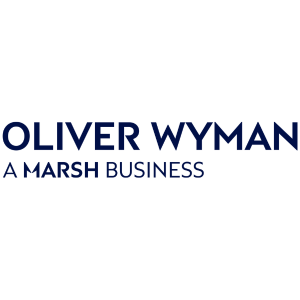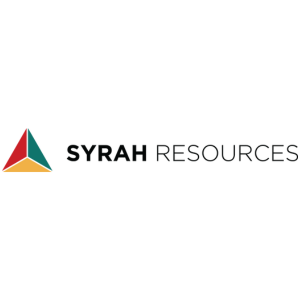The two most asked questions each year among stakeholders in the mining and natural resources sector are “Are you going to Mining Indaba next year?” and “Is it worth it?” Warren Beech, CEO of Beech Veltman Incorporated, answers these questions.
I have been extremely fortunate to attend Mining Indaba over many years, and my response is always an enthusiastic “Yes!” to both these questions. I always encourage attendance by legal practitioners even though it may not seem that Mining Indaba is aimed at lawyers.
Naturally there are costs involved in attending the Indaba, and some may wonder if there’s a good return on the investment of attending in the form of instructions received and work generated. In my view, for lawyers this should not be the criteria that is applied to determine whether participation and attendance has been successful.
For me, it is more about meeting up with existing clients, networking and relationship building, meeting new stakeholders in the mining and natural resources sector, attending keynote addresses and panel discussions, and assessing whether the themes and trends that are being discussed are aligned with our commitment to providing holistic, practical, implementable advice to our clients in this sector.
To achieve this commitment we must always anticipate the themes and trends that will affect our clients’ business in the short- to medium term and, as always, listening to other stakeholders in the mining and natural resources sector – including legal practitioners – provides a multi-faceted, diverse view which adds perspective.
The keynote addresses and panel discussions in 2023 will again be focused on themes and trends which have had a direct impact on the mining and natural resources sector over the past few years, and which will continue to do so in the near future. Some of the key issues affecting the sector in recent years include cyclical demand and price volatility, supply chain and infrastructure constraints, acceleration of innovation to address these challenges as a result of factors such as the pandemic, geo-political instability as a result of military action (for example, in Mozambique and other countries in Africa and, of course, the Russia-Ukraine war), the focus on the Just Transition, decarbonisation generally, and compliance with the Environment, Social and Governance (ESG) principles.
Each of these themes will be addressed at Mining Indaba 2023 in some form or another. It is vital for legal practitioners to understand the changing landscape and how this has, and will, affect legislative frameworks. Providing advice to clients in the mining and natural resources sector without understanding the landscape and challenge, often means the advice is legalistic in nature and may not be business-orientated or practical.
Each of these themes and trends have featured strongly in the work that Beech Veltman has done over the last two to three years, including commercial transactions, compliance, mergers and acquisitions, health, safety and the environment, and the increased demand for in-house training to avoid adverse consequences from non-compliance.
Other key themes and trends that have featured strongly in our work over the last year, and which must be discussed and debated, include the regularisation of artisanal and small-scale mining which is often carried out illegally, and the increased demand from communities in and around mines for jobs, service provider opportunities and infrastructure development. All of these elements have a significant impact on investment decisions, both in respect of new mines and existing mining operations.
Mining Indaba remains an important event for various reasons, including its focus on the broader African mining and natural resources sector, and the range of delegates that attend the indaba. These include regulators, executives, governments, investors, representatives of the junior mining sector (many of which are empowered companies) and representatives from the larger trade unions.
Lawyers have an important role to play in the various discussions and debates at the indaba and, afterwards, to make sure that the key messages are communicated as broadly as possible.





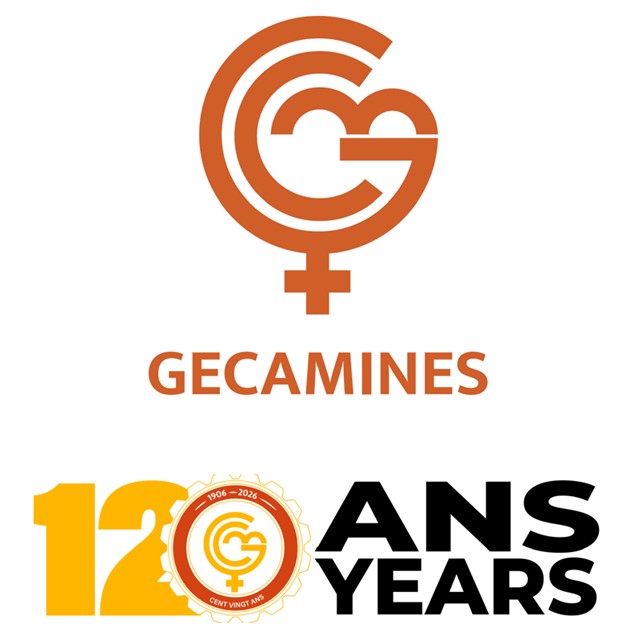


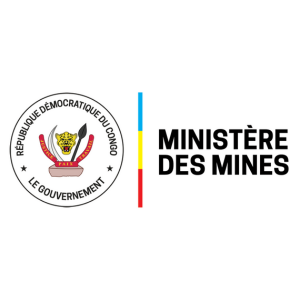



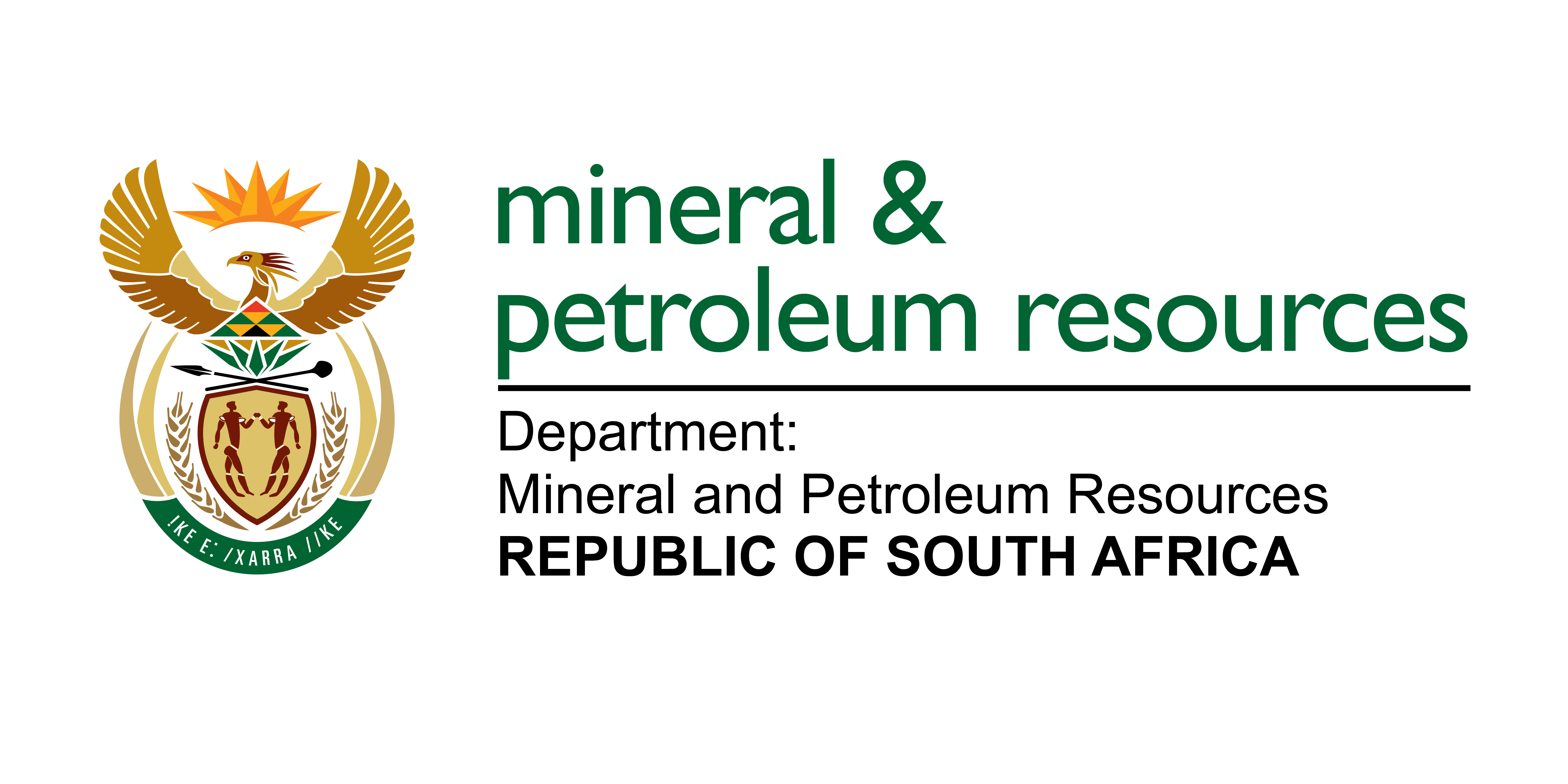-Logo_CMYK_1.jpg?width=1000&height=500&ext=.jpg)
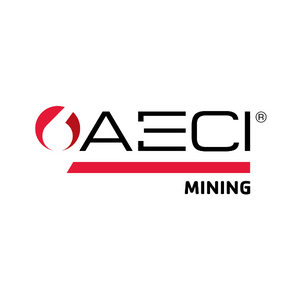



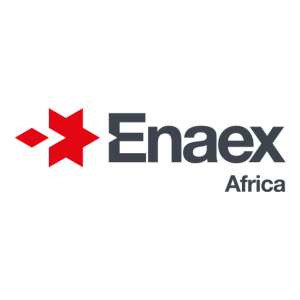


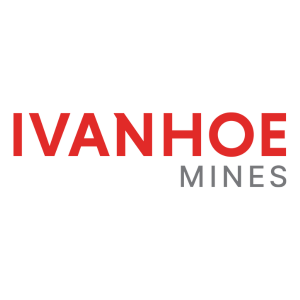
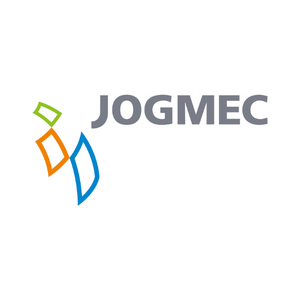

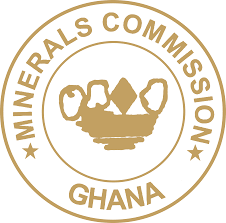
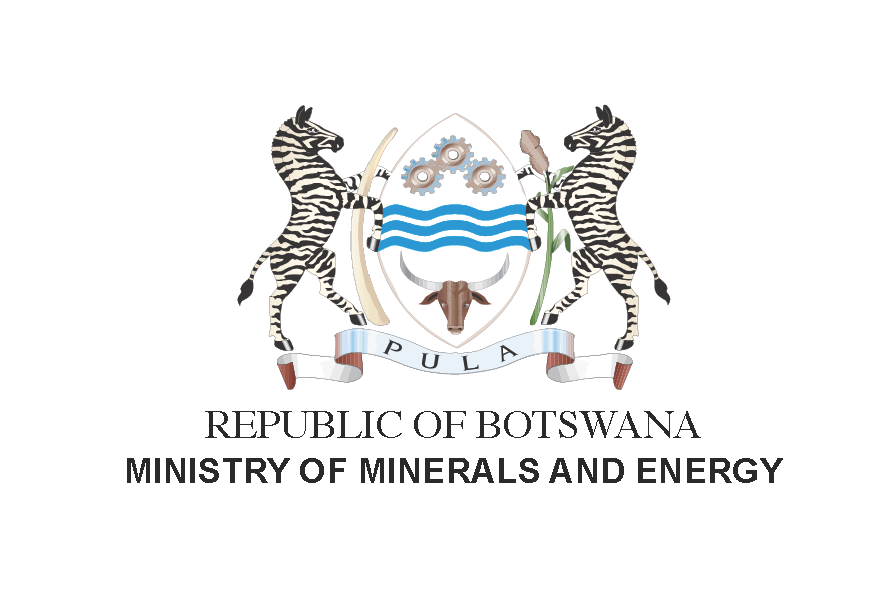.png?width=300&height=208&ext=.png)
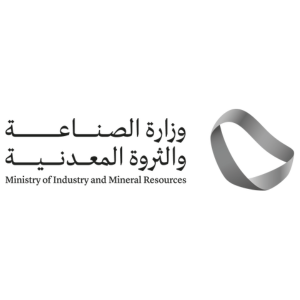
_mi25-weblogo.png?ext=.png)
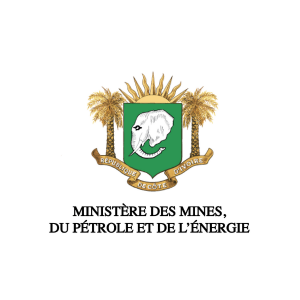
_1.png?ext=.png)


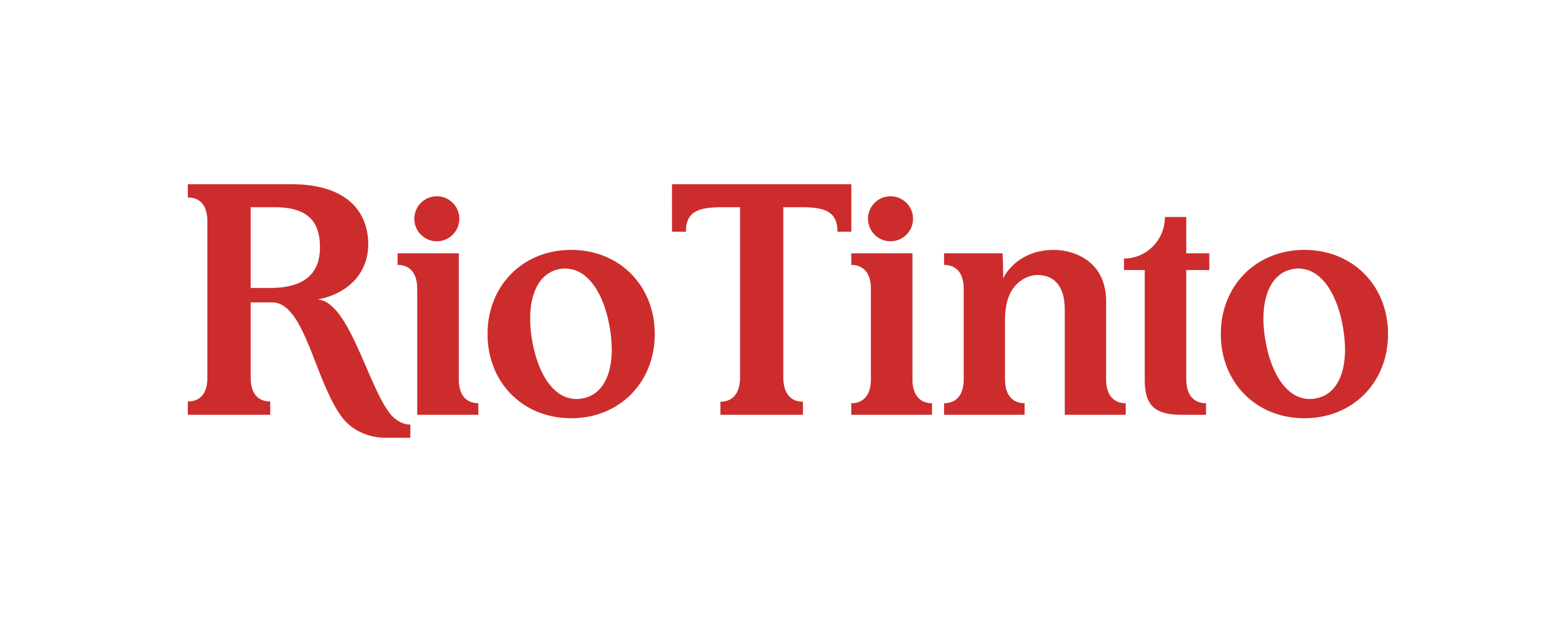



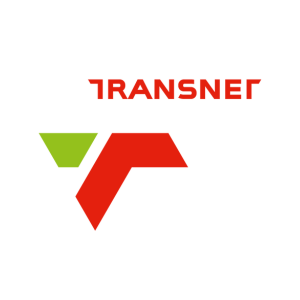





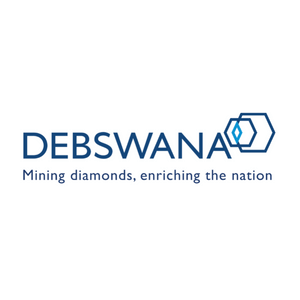






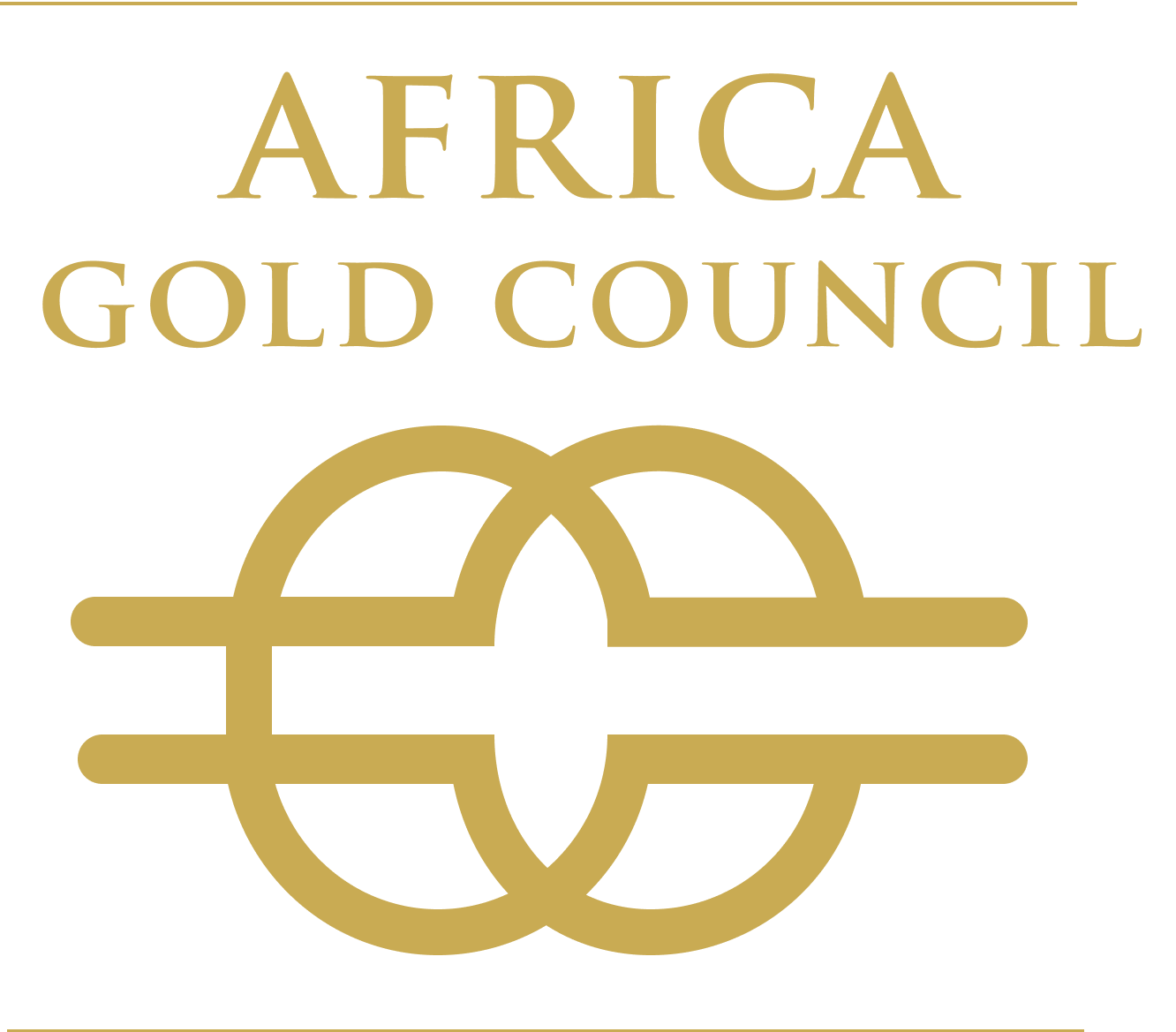

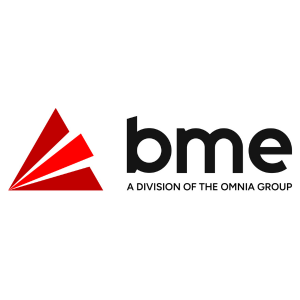








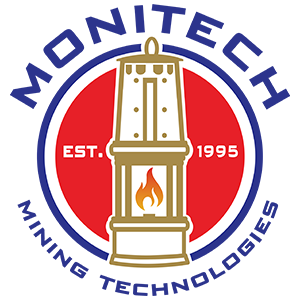




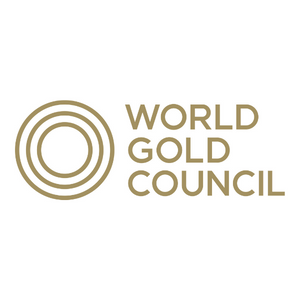
_logo.png?ext=.png)

_mi25-weblogo.png?ext=.png)

